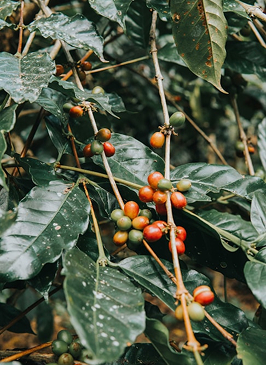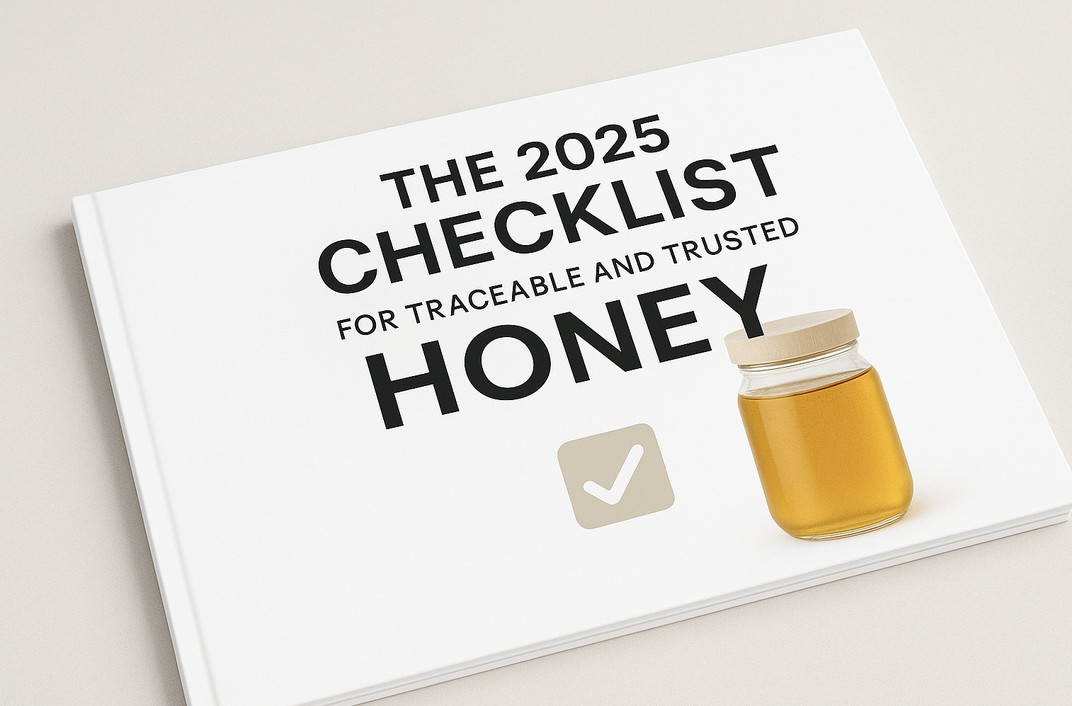A Closer Look
Coffee Overview




Coffee
Behind the Label: What Coffee Really Tells Us
Coffee fuels over 2 billion cups consumed every day, powering mornings, meetings, and entire economies. It’s a $100 billion global industry (ICO, 2023), and yet its supply chain remains one of the most fragile — marked by price volatility, deforestation, and a growing disconnect between producers and buyers.
The Problem: Volatility, Land Use, and Blind Spots
While demand rises, many coffee farmers remain trapped in poverty. According to the Fairtrade Foundation, the average coffee farmer earns less than $1 per day (Fairtrade, 2022). Add to that the climate pressure: coffee cultivation is highly sensitive to temperature shifts, and farmers are being pushed into higher elevations — sometimes into forested or protected areas.
The EUDR (EU Deforestation Regulation) now requires proof that no deforestation occurred after December 2020 in the production of coffee sold in the EU. This puts pressure on producers to prove land use history — a task that’s nearly impossible without traceability.
Meanwhile, many roasters and brands still rely on multi-layered sourcing models with limited transparency. Coffee can pass through up to 10 intermediaries before reaching a cup, making it difficult to verify origin, ethics, or quality.

The Cost: Unfair Systems and Limited Recognition
Producers carry the most risk — and receive the smallest reward. Without a way to prove sustainable practices or ethical sourcing, they’re locked out of premium markets and certification programs.
For buyers and brands, opacity invites reputational damage, supply shocks, and non-compliance. A 2021 Reuters report revealed that major retailers had little to no insight into where their beans came from, despite sustainability claims (Reuters, 2021).

The Opportunity: Traceability for Impact and Access
With proper traceability tools, producers can:
Digitally map farms and prove legal land use
Track harvest and drying times
Link beans to farmers by batch or cooperative
This empowers farmers, enables smarter purchasing, and helps brands build truly sustainable stories — backed by data.
As Professor Jeffrey Sachs once said: “You can’t manage what you can’t measure. Sustainability starts with transparency.”

What We’re Doing About It
Palmyra is working with Latin American and African cooperatives to roll out farm-level traceability systems. These tools help:
Map farms with GPS for EUDR compliance
Record yield, drying conditions, and lot integrity
Link beans to producers in real time
The result: producers earn more, buyers get clarity, and the global coffee trade becomes more fair and resilient.
“I never thought my farm would be visible to a buyer in Europe. Now it is — and they ask for my coffee by name.”
— María Quispe, Coffee grower, Peru

Traceability Isn’t About Tech — It’s About Trust
Coffee traceability means more than data — it’s about dignity. It’s about helping the people behind your morning brew get the recognition, price, and partnership they deserve.
The 2025 Checklist for Traceable and Trusted Coffee


Daniel Friedman
Founder and CEO Palmyra®
From Olive Groves to Blockchain:
Greek Olive Oil Tokenization

Main Regions
Nigeria
Boki, Nigeria
Focus Areas
Traceability
Tokenization
Solutions
Palmyra Pro
Palmyra App
MOUs Signed
Municipality of Rhodes
Municipality of Messini